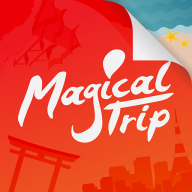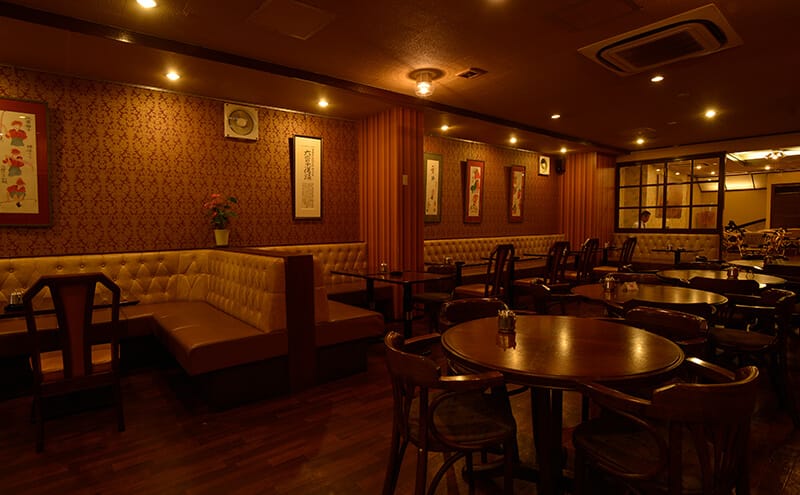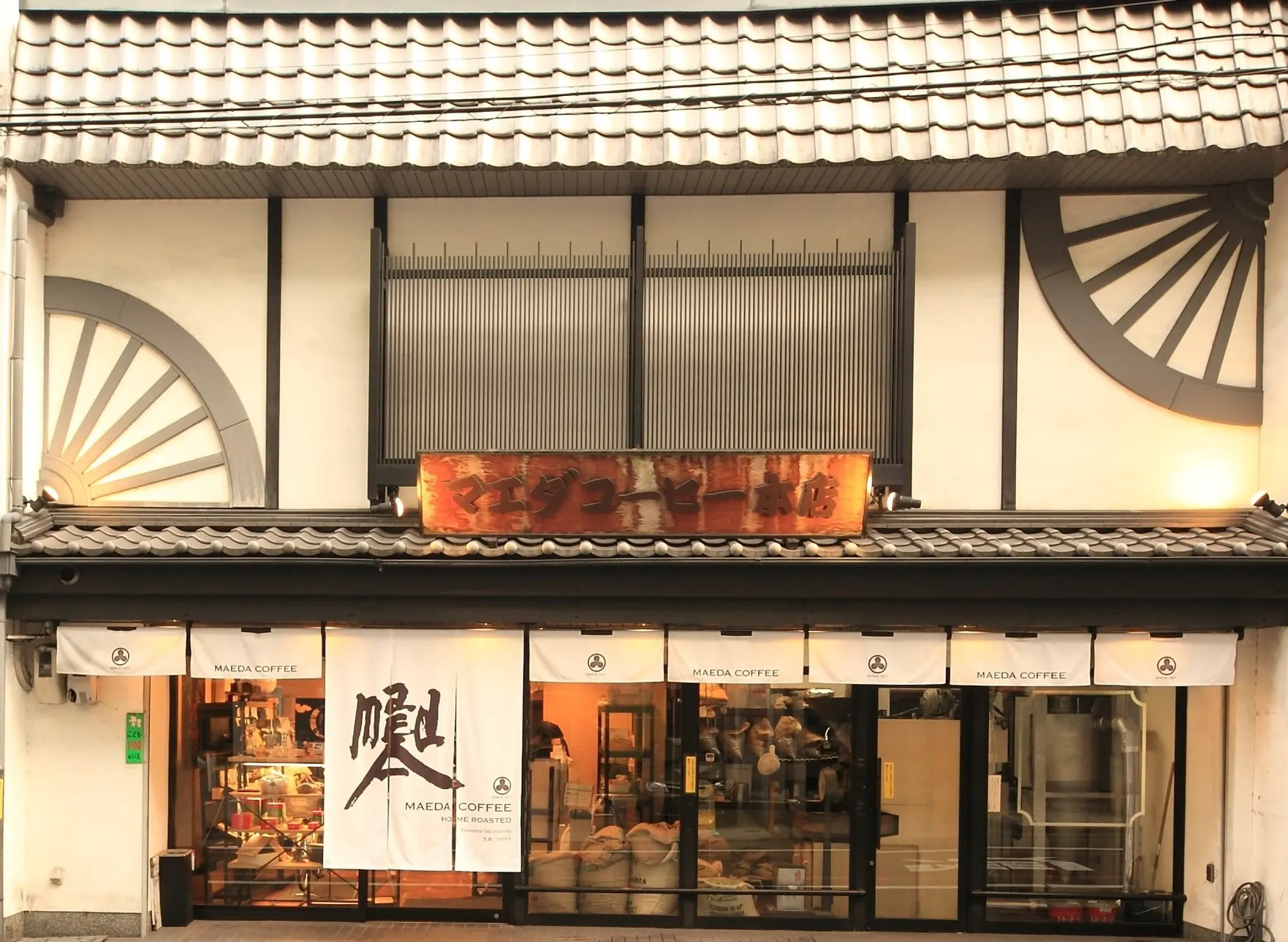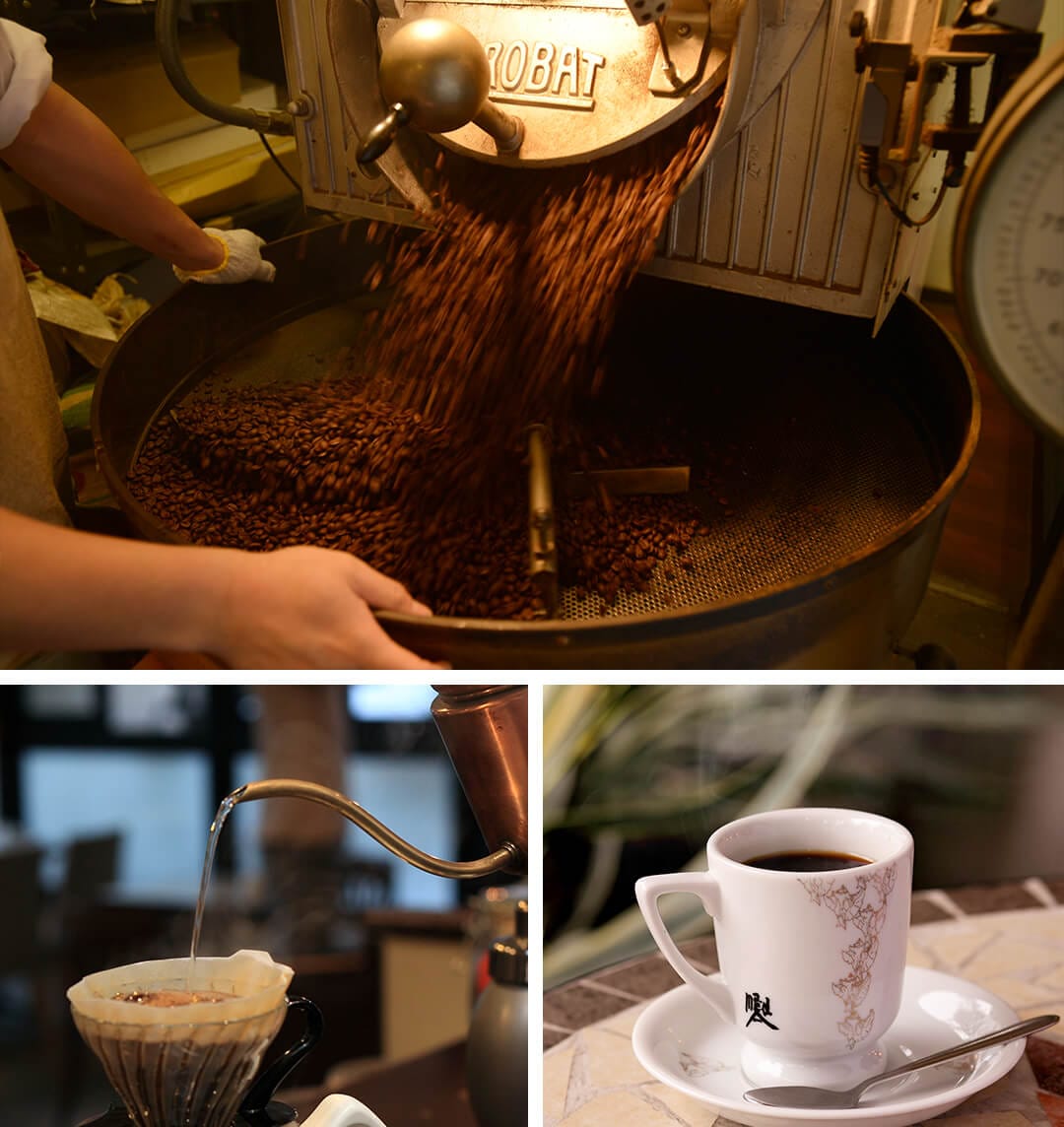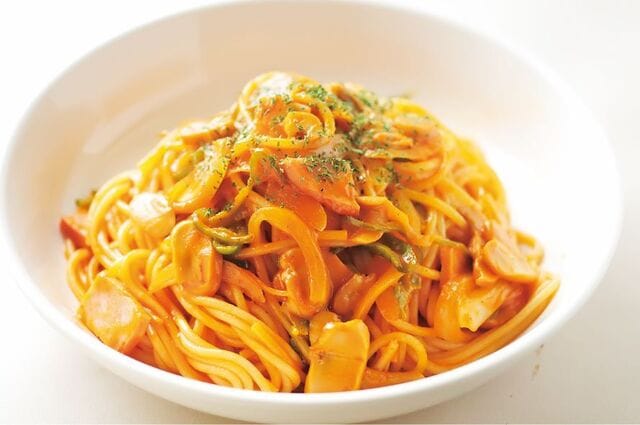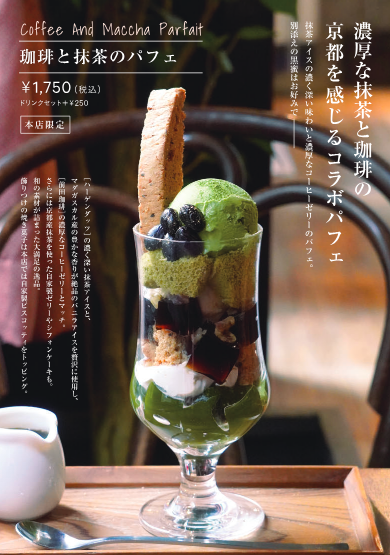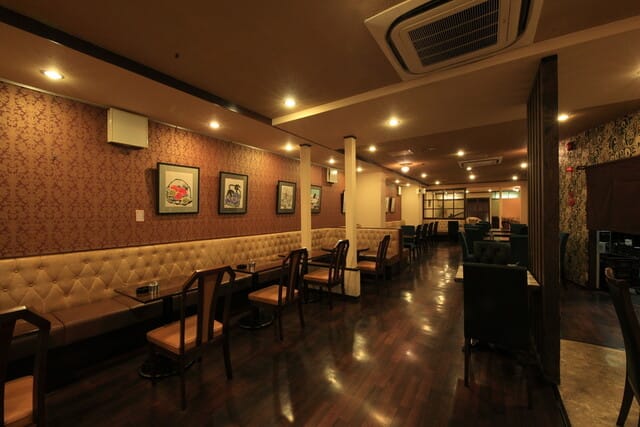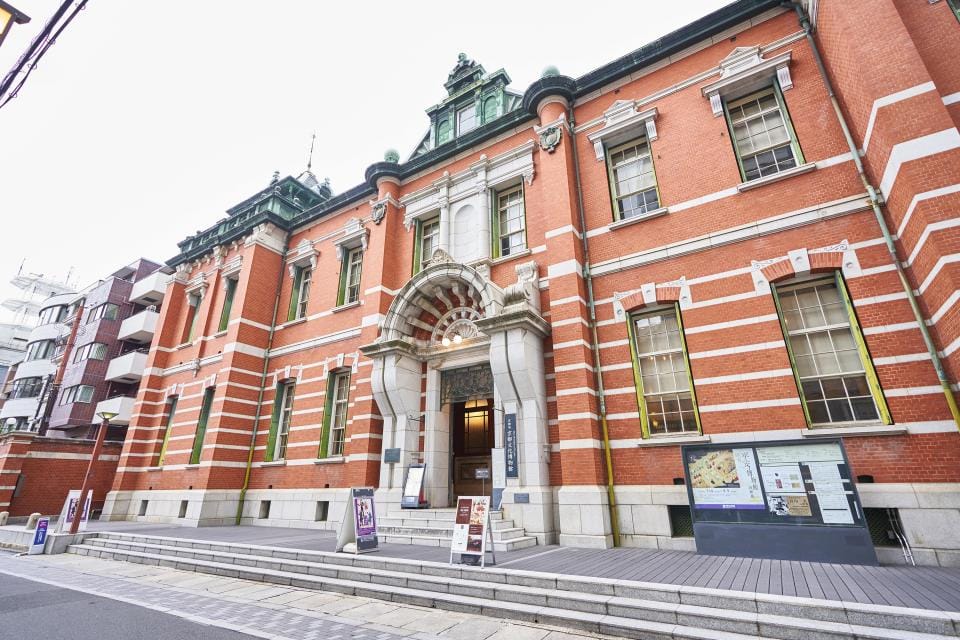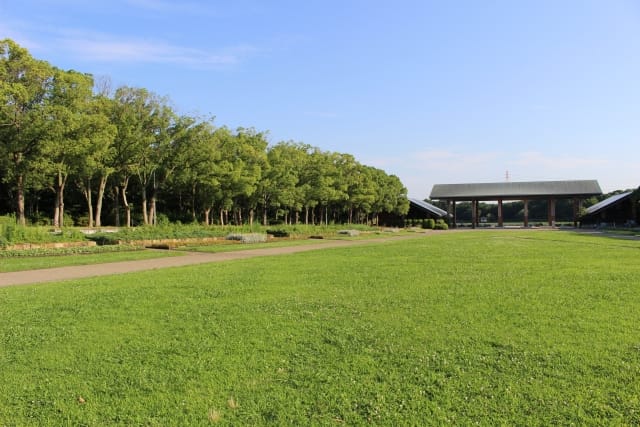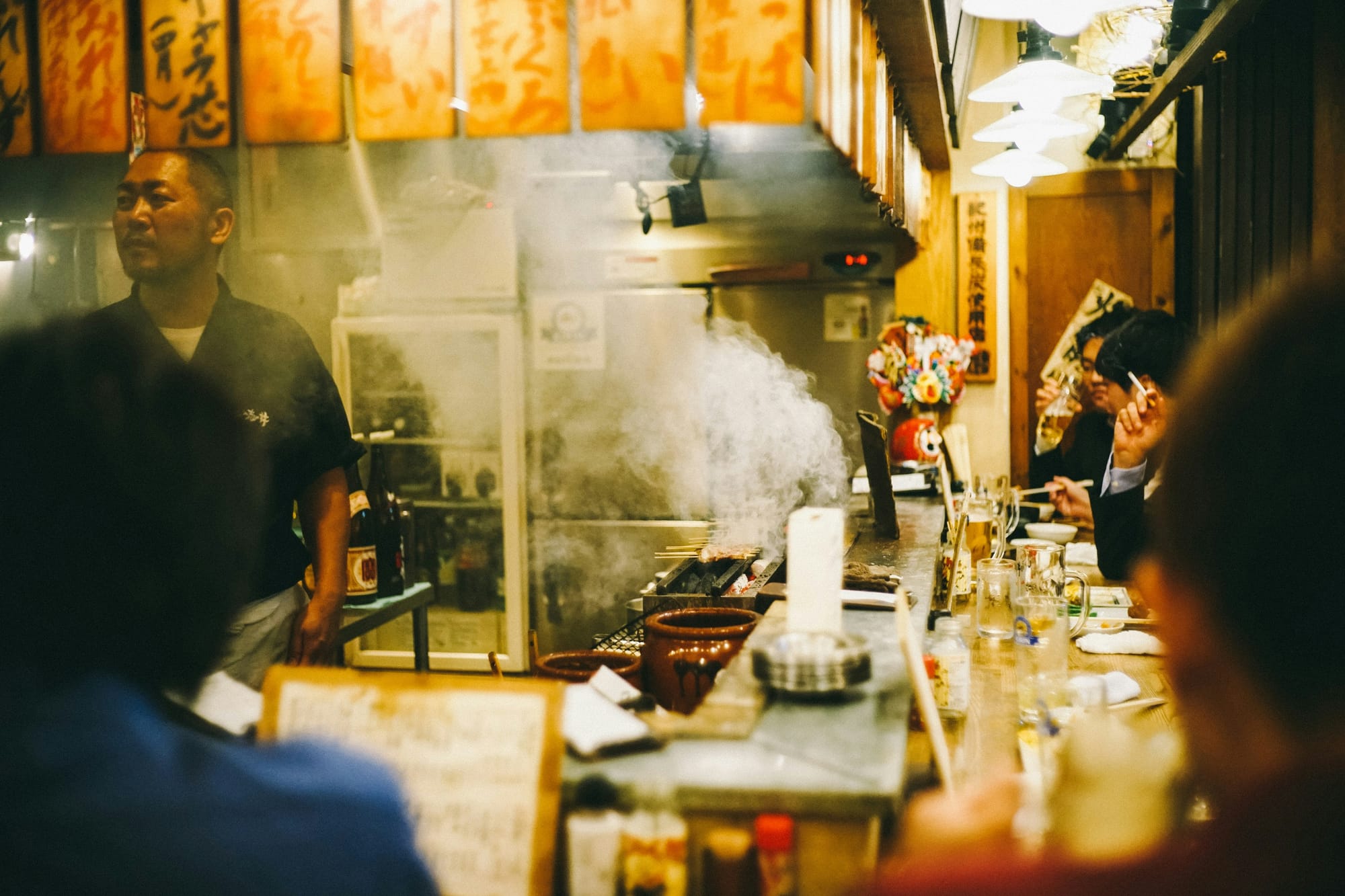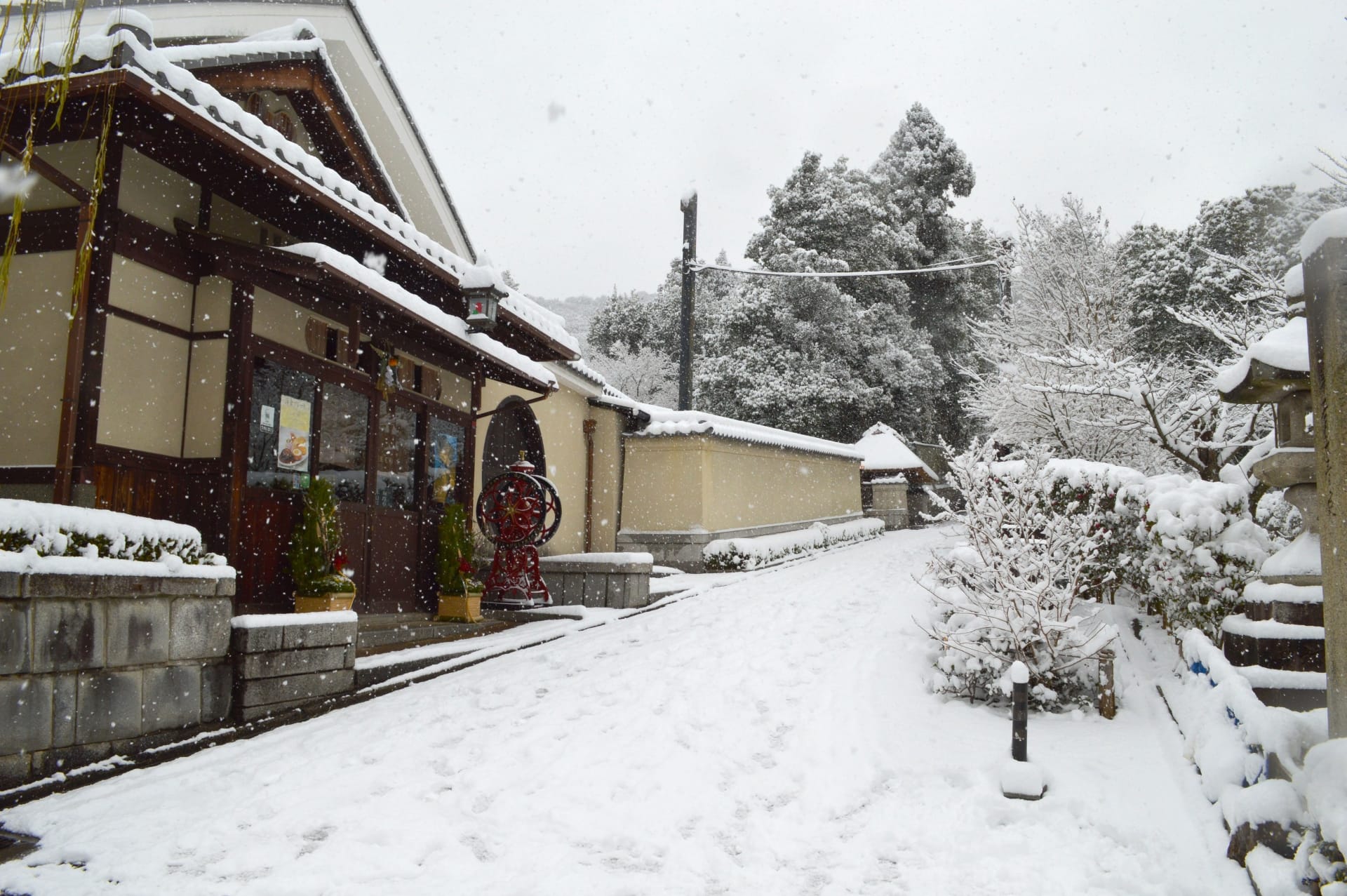Maeda Coffee 2026: Kyoto's Retro and Traditional Cafe!
Kyoto, one of Japan's most renowned tourist destinations, is a city beloved by foreign tourists for its attractive streetscapes based on a long history and its elegant atmosphere. In Kyoto, there are numerous retro "kissaten" (traditional Japanese cafes) that have been operating since the mid-1900s when cafe culture began to permeate Japan.
Kyoto is one of Japan's representative cities, known for its numerous restaurants and reputation as a gourmet destination. There are many kissaten, offering various genres and atmospheres, from those serving Japanese tea to retro-style cafes.
Particularly due to the long-established tea culture, many cafes offer not only coffee but also beverages incorporating Japanese tea.
With its abundance of shrines and temples, Kyoto's deep history is reflected in many traditional architectural styles. There are cafes built using these architectural techniques and kissaten renovated from old facilities.
Among these kissaten, we'll introduce "Maeda Coffee," famous as one of Kyoto's three major coffee shops.
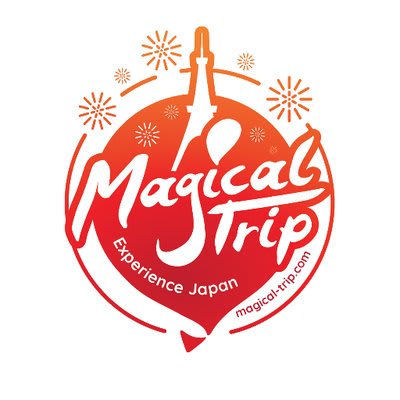

If you are interested in Kyoto's Best Cafes, check the article below! I summarized Kyoto's Best Cafes I recommend and how I felt each Cafes.
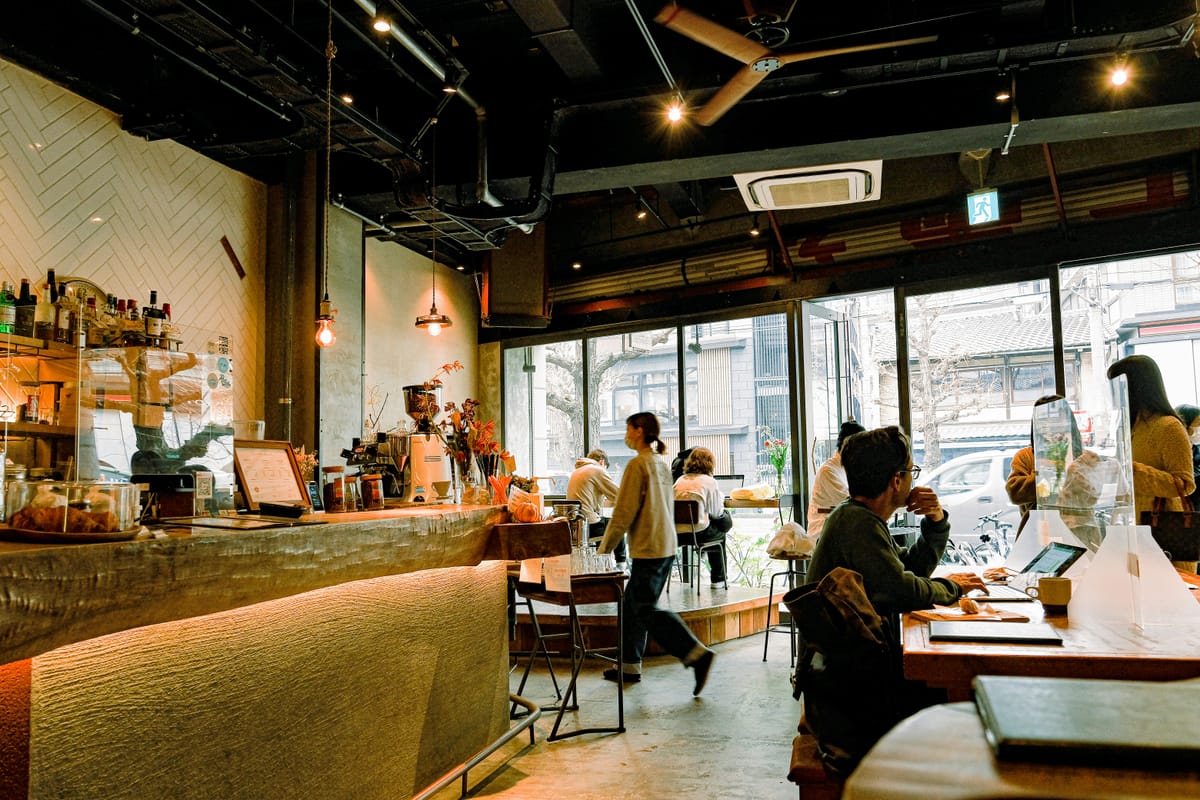
Kissaten: Traditional Japanese Cafes Offering Not Just Coffee, But Western-Style Food Too
Japanese kissaten focus not only on coffee but also on meals. People unfamiliar with the culture of dining at cafes are often surprised when visiting Japanese kissaten.
Kissaten are more than just cafes; they're Japanese-style cafes. Many shops not only specialize in coffee but also offer Western-style dishes and desserts.
A characteristic of Japan's retro-atmosphere cafes is that locals have long enjoyed not just coffee, but breakfast as well. Many kissaten have extensive food menus, with a particular emphasis on breakfast.
Maeda Coffee: One of Kyoto's Three Major Long-Established Kissaten
Maeda Coffee, along with Inoda Coffee and Ogawa Coffee, is widely known as one of Kyoto's three major long-established kissaten.
Established over 50 years ago, Maeda Coffee has maintained a unique presence in Kyoto's competitive cafe scene with its retro ambiance, delicious coffee, and food items. It has been loved for many years under the philosophy of "Bringing emotion and happiness to all people through coffee." While preserving the charm of traditional kissaten, it's also accepted by younger generations.
In addition to offering fragrant house-roasted coffee using carefully selected beans, Maeda Coffee is also popular for its hearty food menu and desserts. All food and sweets are homemade in the shop.
The Charm of Maeda Coffee and Four Recommended Points
The Harmony of a Comfortable Space and High-Quality Coffee
source: Official website
Maeda Coffee is renowned for its comfortable interior. Stepping inside, you might feel a sense of nostalgia from the retro decor and calm atmosphere. Wooden furniture and antique-style interiors create a warm space that offers a relaxing time to visitors.
One of Maeda Coffee's charms is its meticulously crafted high-quality coffee. They use carefully selected coffee beans from various countries, focusing on superior quality. They pay close attention to management methods to ensure the beans are always fresh.
Skilled roasters use German-made roasters that evenly roast beans in a short time. The beans are ground with a special mill that preserves the umami components, and the coffee is brewed using the nel drip method, unchanged since the shop's founding.
Experience Maeda Coffee's hospitality by enjoying their carefully crafted coffee in a comfortable space.
A Kissaten Classic! Voluminous and Delicious Napolitan Spaghetti
A staple menu item in Japan's retro kissaten is Spaghetti Napolitan. It's a dish where boiled spaghetti is stir-fried with ingredients like onions, green peppers, and bacon, then seasoned with tomato ketchup.
Maeda Coffee's Napolitan is an unforgettable specialty. Its generous portion makes it popular among male customers too.
Napolitan is a pasta dish originating in Japan, not made in Naples, Italy. Rather, it's a menu item deeply connected to Japanese kissaten culture.
It originated after World War II in 1945, before authentic Italian cuisine was introduced to Japan. Spaghetti, which was relatively easy to obtain, was seasoned with ketchup and served.
Maeda Coffee has continued to preserve this traditional taste, making it a menu item beloved across generations.
Extensive Dessert Menu
One of Maeda Coffee's attractive points is its extensive dessert menu. While the menu varies by location, all shops offer desserts with a perfect balance of visual appeal and taste.
Particularly popular is the Cappuccino soft cream. As advertised as Maeda Coffee's proud menu item, you can enjoy the aroma of coffee and the rich taste of cream. Kyara, which is coffee jelly topped with cappuccino soft cream and vanilla ice cream, is also one of the standard dessert menu items.
Personally, I recommend the French toast offered at the main store. French toast is made by soaking thinly sliced bread in egg and milk, then frying it, usually served with syrup. At the main store, you can choose between two types: one using thickly cut white bread and another using French bread.
"Kyoto-esque" Exterior Created by Renovating a Machiya
source: Kyoto kankou guide
The exterior of Maeda Coffee's Muromachi main shop, which was renovated from a former kimono shop, features a design reminiscent of Kyoto's traditional machiya (wooden townhouses), exuding a distinctly Japanese charm. Machiya refers to traditional wooden townhouses that have been preserved over time. The exterior, which harmonizes with Kyoto's townscape with its lattice doors, sturdy wooden pillars, and tile roof, immediately gives visitors a sense of Kyoto's essence.
Particularly impressive is the fusion of tradition and modernity in its construction. While preserving the traditional machiya structure, bold renovations were made to open it as a large shop with 100 seats.
During the renovation, by respecting history while adding Maeda Coffee's unique personality, a special cafe unlike any other was created. The spacious interior
Three Must-Try Menu Items at Maeda Coffee
Special Blend Ryunosuke
source: Official website
Maeda Coffee offers four types of coffee beans.The most recommended is the "Special Blend Ryunosuke" (Maeda's standard blend <RYUNOSUKE>). This blend, considered the face of Maeda Coffee, is popular for its easy-to-drink quality, emphasizing aroma and sweetness.
It uses a carefully selected blend of three types of beans from Brazil, Guatemala, and Colombia. They've sought the perfect blend ratio to make these beans, which are delicious on their own, even more delicious, with particular attention paid to the roasting process.
The other three types of coffee also have their unique characteristics and are recommended.
"Benkei" (Mokha-Yirgacheffe coffee beans <BENKEI>) is a specialty coffee from Ethiopia, selected from among many farms.
"Ushiwakamaru" (Fully ripened coffee in Brazil <USHIWAKAMARU>) is coffee made from the highest quality Brazilian coffee beans, carefully selected and roasted each time.
"Fuku" (Blend of "Specialty coffee beans" <FUKU>) is a luxurious blend using only specialty coffees from various countries around the world.
Signature Napolitan Spaghetti
source:Tabelog
One of the must-try recommended menu items at Maeda Coffee is their signature Napolitan Spaghetti. Maeda Coffee's Napolitan is known for its thick spaghetti generously coated with a ketchup-based sauce, resulting in a rich and voluminous dish.
The ingredients are cut into large pieces and plentiful, including vegetables like onions and roast ham. If you ask the staff, you can get grated cheese or Tabasco sauce, allowing you to customize the dish to your liking.
For those who aren't too hungry, a mini size is also available. I personally like the set of mini Napolitan and half egg sandwiches, as it allows you to enjoy various flavors.
Coffee and Matcha Parfait (Muromachi Main Shop Exclusive)
source: Official website
The parfaits at the Muromachi main shop are popular dessert menu items among tourists. In particular, the "Coffee and Matcha Parfait," which is only available at the main shop, is a highly regarded item unique to Maeda Coffee.
The combination of rich matcha and coffee is a flavor that only a long-established Kyoto coffee shop could create. The deep, rich flavor of the matcha ice cream perfectly matches Maeda Coffee's pride, the coffee jelly. You can also enjoy homemade jelly and chiffon cake made with Kyoto-produced matcha.
The use of carefully selected Häagen-Dazs ice cream is also a secret to this parfait's deliciousness. Try ordering this when you want to enjoy a Kyoto-specific sweet.
Two Shops Where You Can Fully Enjoy the Charm of Maeda Coffee
Muromachi Main Shop
source:Tabelog
The Muromachi main shop is a must-visit to fully experience the charm of Maeda Coffee. This shop, renovated from a former kimono store, maintains the exterior of a traditional Kyoto machiya (wooden townhouse).
The quaint exterior that exudes Japanese essence matches well with the relaxed atmosphere of the modern interior, creating a space where people of all ages, genders, and nationalities can relax.
The main shop also offers exclusive menu items, with the Coffee and Matcha Parfait being especially recommended. The biscotti used is also baked in-house at the main shop. If you're hungry, be sure to try their signature Napolitan spaghetti as well.
<Shop Information>
- Address: 236 Hashibenkei-cho, Takoyakushi-dori Karasuma Nishi-iru, Nakagyo-ku, Kyoto City
- Closed: Open daily
- Phone: 075-255-2588
- Hours: 7:00-18:00 (Last order 17:30)
- Shop URL
Bunpaku Shop
Another recommended location to fully enjoy the charm of Maeda Coffee is the Bunpaku shop. This shop is located inside the Kyoto Culture Museum, which is designated as an important cultural property of Japan.
The shop is characterized by its red brick building and retro interior. As it was renovated from a former vault room, you can spot remnants in the heavy lighting and thick doors.
The exclusive menu item at the Bunpaku shop is the Morning Set. Limited to 20 servings per day, it's a breakfast menu that includes a hot sandwich with roast ham and egg, salad, and a drink. You can order it from opening until noon.
<Shop Information>
- Address: 1F Kyoto Culture Museum Annex, 623-1 Higashikata-cho, Takakura-dori Sanjo-agaru, Nakagyo-ku, Kyoto City
- Closed: Mondays (If Monday is a holiday, closed the following day)
- Phone: 075-255-1221
- Hours: 10:00-19:00 (Last order 18:30)
- Shop URL
If you are interested in Best Breakfast Restaurants in Kyoto, check the article below! I summarized how and where you can enjoy Best Breakfast Restaurants in Kyoto as much as possible.



